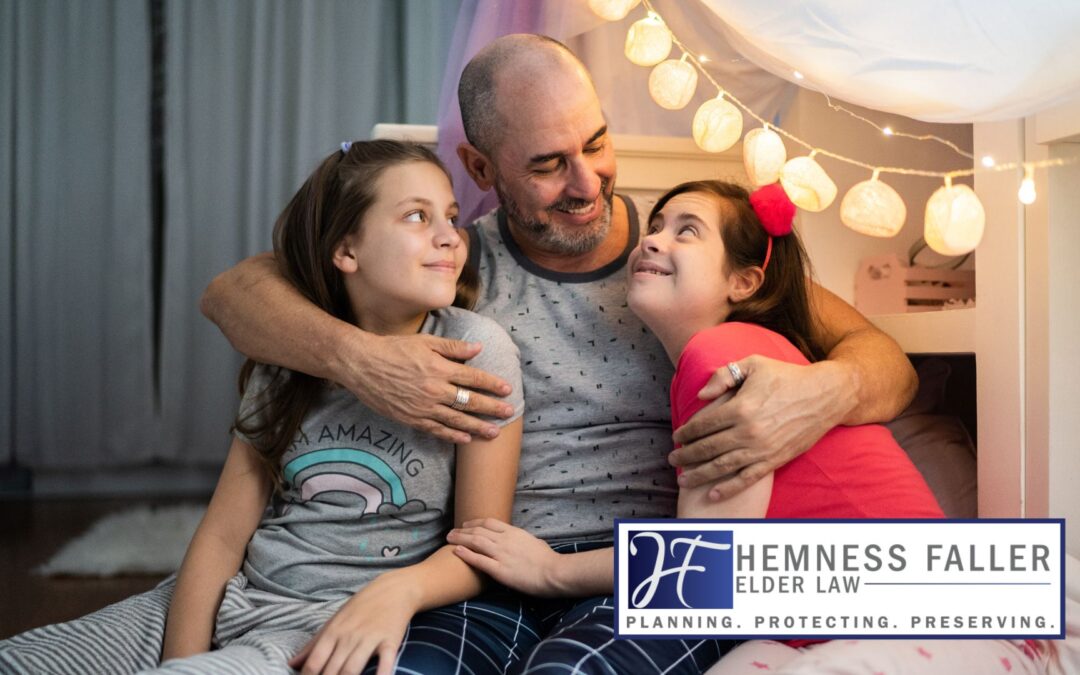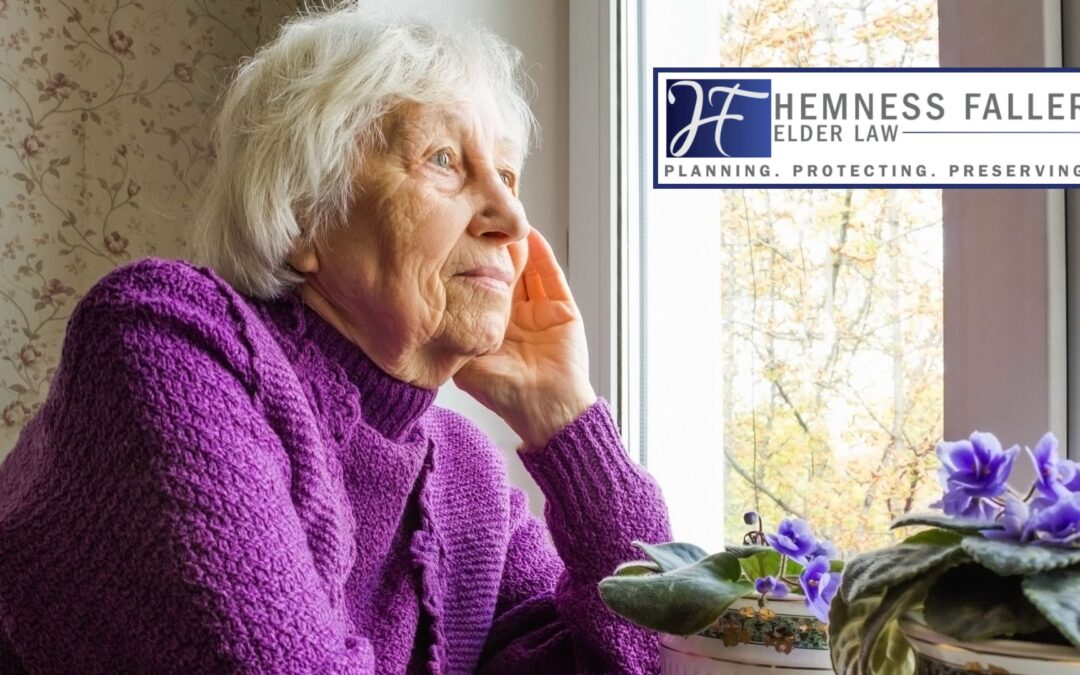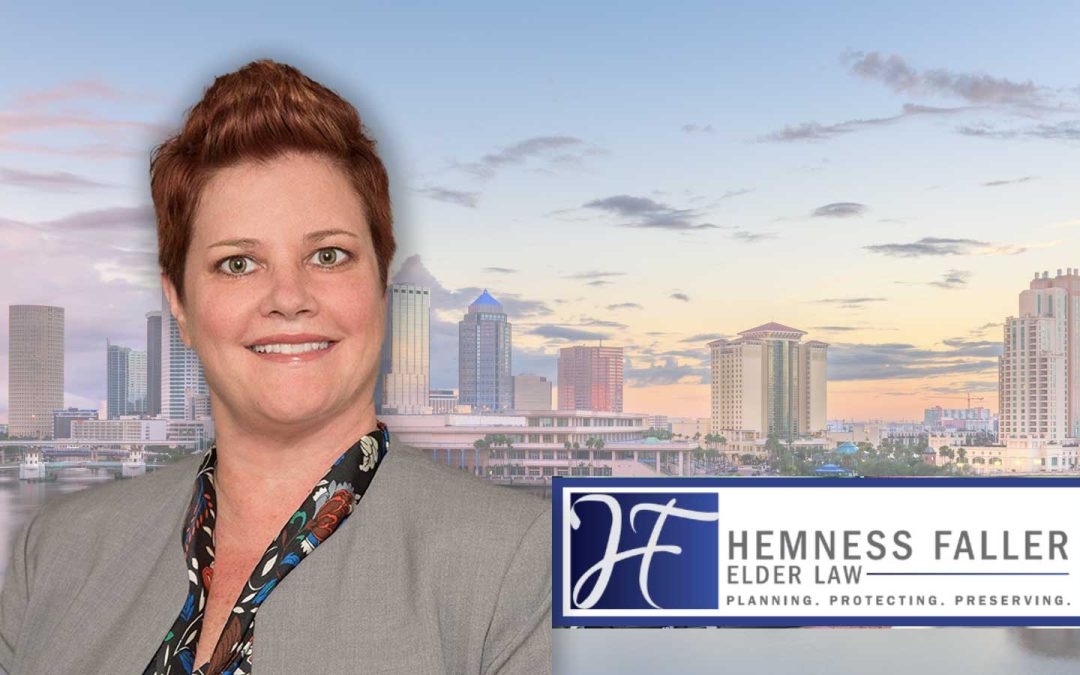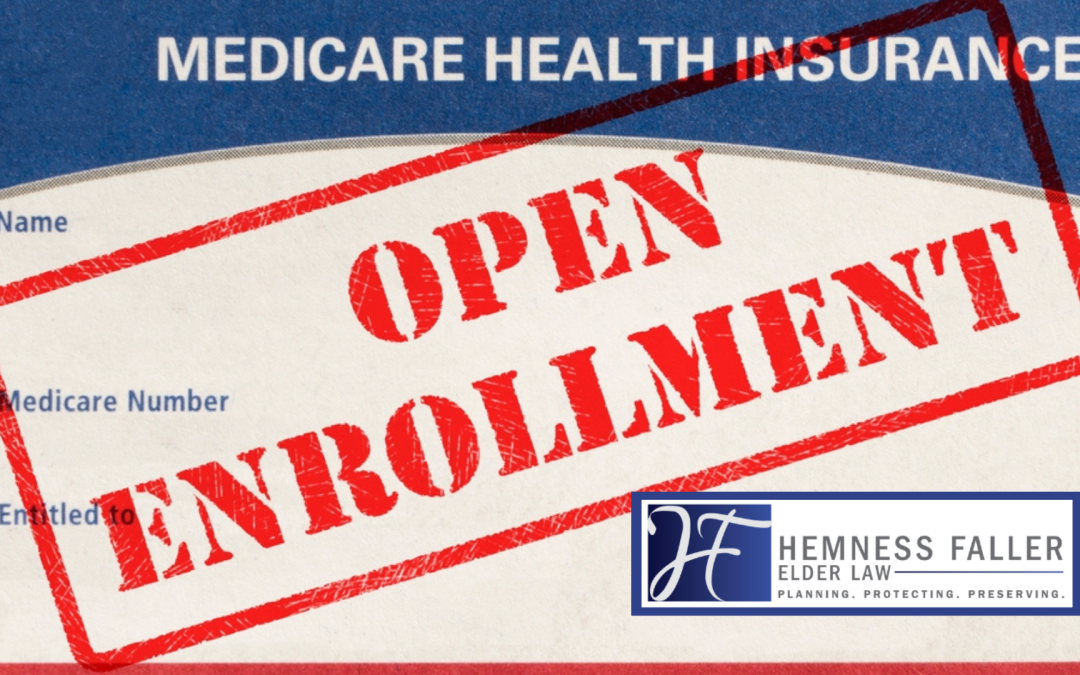If you are a parent of a child with autism, or Down Syndrome, or some other intellectual or developmental disability, no doubt you are concerned about what may happen to your child after you are no longer here. Will your child have a safe place to live? Will your child get the health care she deserves? Who will protect your child from being influenced by bad actors? You want to have peace of mind that there will be someone you know and trust to protect your child as well as you have.
Problems may arise even in the most close and loving families about where your child may live, what care she should receive, or who should be in charge of her finances. When there’s disputes, these family squabbles often end up in the Guardianship Court. Not only are there serious emotional costs, battles in Court can be protracted, expensive, and potentially damaging to your child with disabilities.
What steps can be taken to avoid this?
First, you can plan with your family and make sure that all of your loved ones understand your wishes and the best interests of your child. This may help reduce the potential for serious family conflicts.
Second, you can put in writing the person you want to be the guardian (guardian advocate) for your disabled child. You can put this within your Will. Or you can initiate the Florida legal process of Standby Guardian Advocate. In either way, this tells the Court who you believe is the best choice for taking over when you are no longer here.
Third, build your own estate plan to lay a solid foundation for your Guardian Advocate to always do the best job possible for your disabled child. If challenges arise from others, a Guardian Advocate should be allowed to reimburse himself when acting in the child’s best interests and following your instructions. You could also insert penalties for family members who institute litigation which may be damaging to your child.
Hopefully, your family will work together for your adult child with disabilities’ best interest. Planning now is the best cure to avoid future conflict involving your family. We can help you develop your plan for your child with disabilities, or we can get involved if a family squabble is already underway.
Call us for a consultation: 813-661-5297






